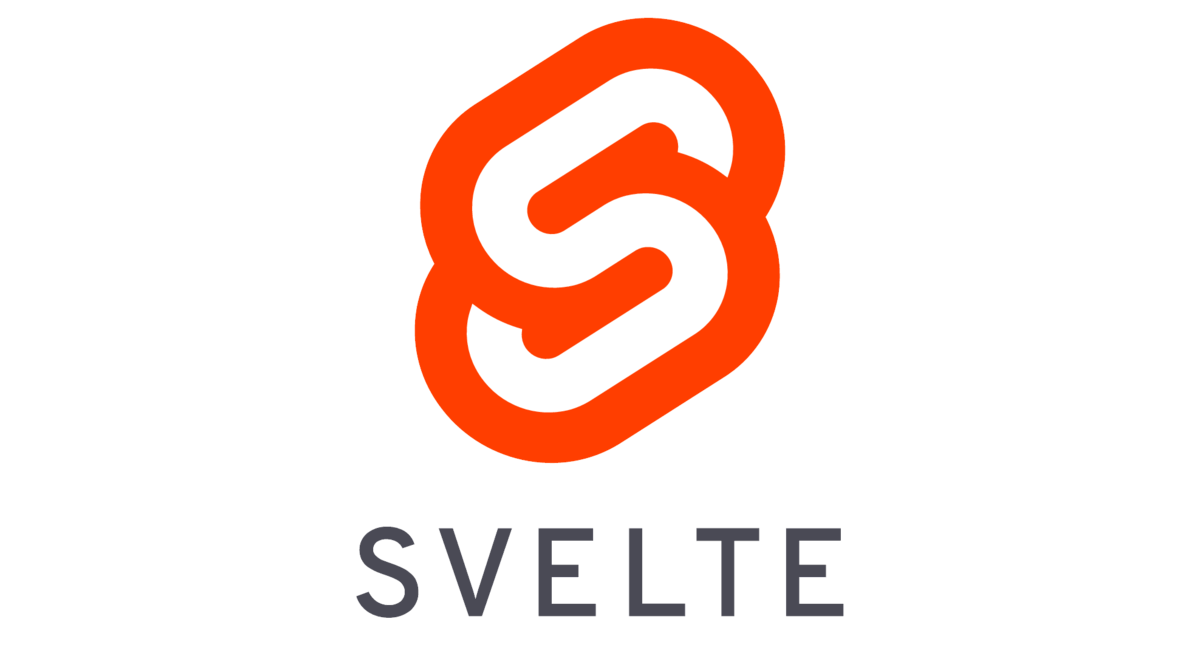Svelte
Installing Airbrake in a Svelte application

Key Features
- Easy and flexible installation options including npm and Yarn
- Send uncaught errors to Airbrake or manually using a try/catch
- Add custom parameters to your errors for more context
- Private source map support
- Control which errors you send with customizable filtering options
Installation & Configuration
Sets up Airbrake to report errors and performance data. To adapt this example to your app, follow these steps:
Install the package
Using npm
npm install @airbrake/browser
Using Yarn
yarn add @airbrake/browser
Using CDN
Using <script> tag via jsdelivr:
<script src="https://cdn.jsdelivr.net/npm/@airbrake/browser"></script>
Using <script> tag via unpkg:
<script src="https://unpkg.com/@airbrake/browser"></script>
Configuration
Integration with Svelte is as simple as adding handleError hooks (Server or
Client):
- For server error handling, add
handleErrorofHandleServerErrortype - For handle error of client add
handleErrorofHandleClientErrortype
App configuration
// app.d.ts
// Add interface of Error
// See https://kit.svelte.dev/docs/types#app
// for information about these interfaces
// and what to do when importing types
declare global {
namespace App {
interface Error {
message: unknown;
errorId: string;
}
}
}
export {};
Server Hook
To establish an error handler for the server, use a Notifier with
your projectId and projectKey as parameters. In this case, the handler will
be located in the file src/hooks.server.js.
// src/hooks.server.js
import crypto from 'crypto';
import {Notifier} from '@airbrake/browser';
var airbrake = new Notifier({
projectId: 1, // Airbrake project id
projectKey: 'FIXME', // Airbrake project API key
});
airbrake.addFilter(function (notice) {
notice.context.hooks = 'server';
return notice;
});
// @type {import('@sveltejs/kit').HandleServerError}
export function handleError({error, event}) {
const errorId = crypto.randomUUID();
// example integration with https://airbrake.io/
airbrake.notify({
error: error,
params: {errorId: errorId, event: event},
});
return {
message: error,
errorId,
};
}
Client Hook
To establish an error handler for the client, use a Notifier with
your projectId and projectKey as parameters. In this case, the handler will
be located in the file src/hooks.client.js.
// src/hooks.client.js
import crypto from 'crypto';
import {Notifier} from '@airbrake/browser';
var airbrake = new Notifier({
projectId: 1, // Airbrake project id
projectKey: 'FIXME', // Airbrake project API key
});
airbrake.addFilter(function (notice) {
notice.context.hooks = 'client';
return notice;
});
// @type {import('@sveltejs/kit').HandleClientError}
export function handleError({error, event}) {
const errorId = crypto.randomUUID();
// example integration with https://airbrake.io/
airbrake.notify({
error: error,
params: {errorId: errorId, event: event},
});
return {
message: error,
errorId,
};
}
Test
To test that server hook has been installed correctly in your Svelte project.
// +page.server.js
import {error} from '@sveltejs/kit';
import * as db from '$lib/server/database';
// @type {import('./$types').PageServerLoad}
export async function load({params}) {
const post = await db.getPost(params.slug);
if (!post) {
throw error(404, {
message: 'Not found',
});
}
return {post};
}
To test that client hook has been installed correctly in your Svelte project, just open up the JavaScript console in your internet browser and paste in:
window.onerror('TestError: This is a test', 'path/to/file.js', 123);
Troubleshoot
Installation and configuration is just the beginning. The airbrake-js notifier supports many other advanced uses and options including:
- adding extra details to errors
- source maps for easy to parse backtraces
- filtering errors
- specifying error severity
Please visit the airbrake-js GitHub repo for more usage and configuration examples.